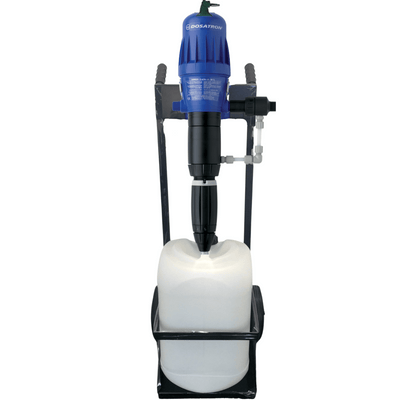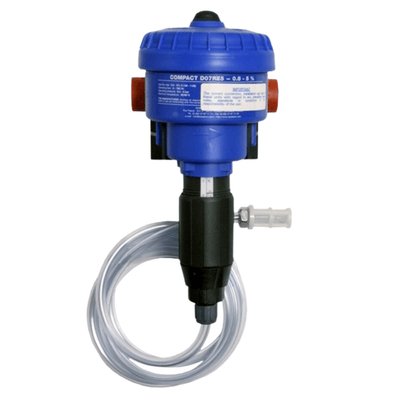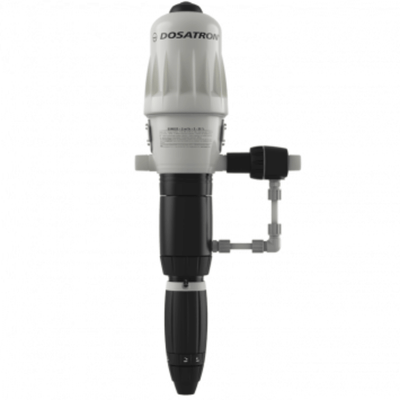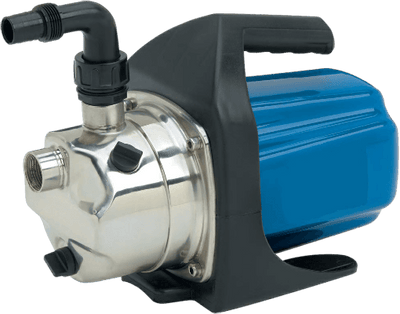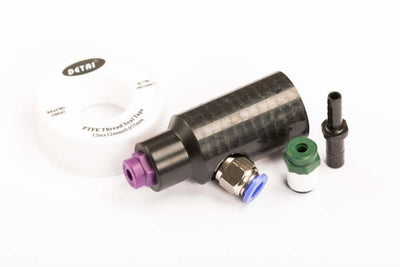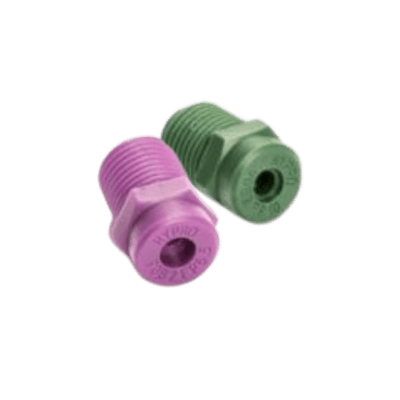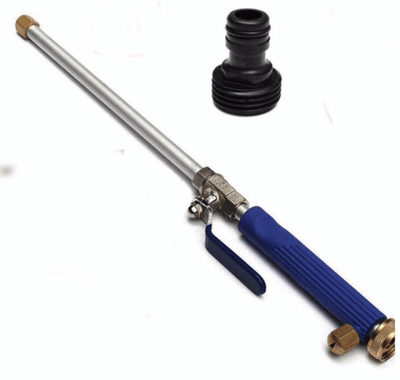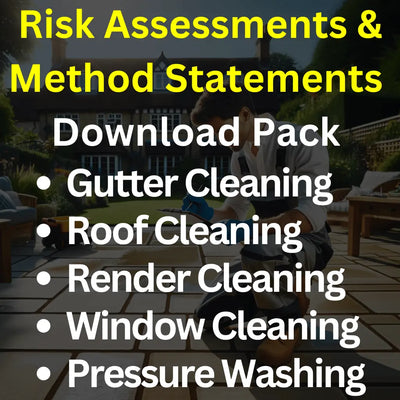Not All Surfactants Are Equal When It Comes to Softwashing
When it comes to softwashing, many professionals focus on the strength of the sodium hypochlorite, the effectiveness of the biocide, or the design of their equipment. But one key element often overlooked — or misunderstood — is the surfactant. And let’s be clear: not all surfactants are equal, especially in the world of softwashing.

What Is a Surfactant and Why Does It Matter?
A surfactant (short for surface-active agent) is a crucial component in any softwash solution. It breaks the surface tension of water, allowing your chemical mix to cling longer to vertical or sloped surfaces, penetrate organic staining more effectively, and clean more evenly. Surfactants also help minimize runoff and improve dwell time, which is critical when dealing with black lichen, moss, or biofilms.
But here’s the catch — not every surfactant is suitable for softwashing.
The Problem With General-Purpose Surfactants
Some contractors make the mistake of using off-the-shelf or general-purpose surfactants — products designed for pressure washing or even household cleaning. These may produce foam and look like they’re doing the job, but in reality, they can:
- Break down under high pH conditions (like sodium hypochlorite solutions)
- Reduce the effectiveness of your softwash mix
- Fail to cling properly to surfaces
- Cause damage or staining, particularly on sensitive substrates
Many of these cheaper options also lack the necessary compatibility with bleach or biocides, meaning they degrade quickly or neutralize the active ingredients, rendering your treatment far less effective.
What Makes a Good Softwashing Surfactant?
A high-quality softwashing surfactant, like Clever Wash Surfactant, is designed specifically to work with sodium hypochlorite and other softwash chemistries. It provides:
- Superior cling on roofs, render, and cladding
- Stable performance in high pH environments
- Enhanced penetration into organic staining like black lichen and algae
- Low-foaming or controlled-foaming formulations to reduce overspray
It’s not just about soapiness — it’s about chemical compatibility, cleaning performance, and surface safety.
Why It Matters in Real-World Softwashing
Let’s say you’re tackling a rendered property covered in black algae or a roof riddled with black lichen spots. Using a top-tier softwashing chemical like sodium hypochlorite mixed with a compatible surfactant ensures you’re not just wetting the stain, but penetrating it, lifting it, and keeping the chemical active long enough to work.
Using something not designed for the job might cost less up front, but it can mean:
- Poor results
- Repeat visits
- Increased chemical usage
- Customer complaints
The surfactant is your delivery system — skimping on it undermines your entire process.
Our Recommendation
If you want consistent, professional results, we recommend sticking with surfactants designed specifically for softwashing. Clever Wash Surfactant is tested and trusted by professionals across the UK, built for use with sodium hypochlorite, and optimised to cling and clean effectively.
For an even stronger option on black lichen or vertical surfaces, consider a gel-based product like Gel X Pro, which offers exceptional cling and cleaning power.
In Summary:
Softwashing is a science, and every part of your solution matters. The wrong surfactant can destroy your effectiveness, cost you time, and damage your reputation. Invest in the right surfactant — and see the difference it makes on every job.
Explore our full range of professional surfactants and softwashing chemicals at SoftWash UK.



























